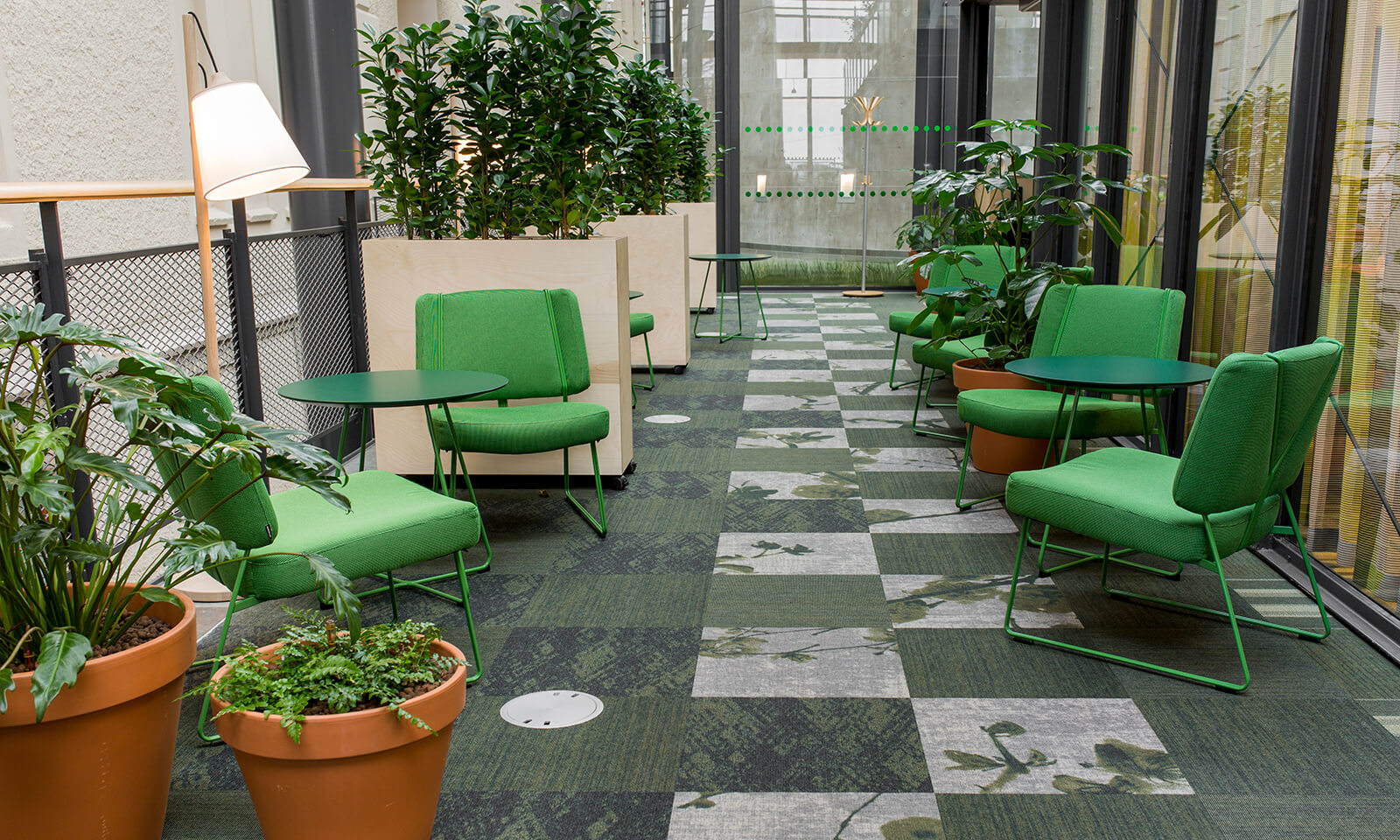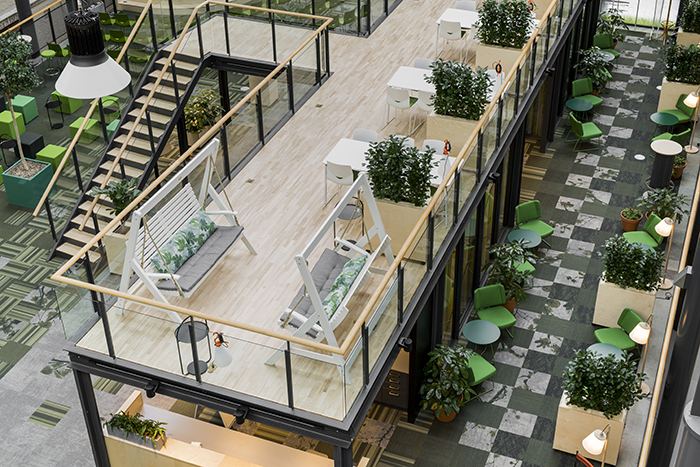Materials engineering master's programme at Chalmers
Material-related issues can be found in all areas of life and engineering, for example in biomedical, telecommunications, aeronautical, construction, chemical and mechanical, and in all aspects of a product's life, from an idea or discovery to a prototype or finished product and recycling. In the puzzle of innovation, material engineers focus on the application of materials, where they test, develop, and modify materials that are used in a wide range of products, from jet engines and snow skis to smartphones and diapers.
The ultimate performance of most products and processes is limited by the performance of materials, which are linked to the structure and resulting properties of a material. This in turn is affected by how the material is manufactured and processed. Materials must also perform in an economic and societal context. The challenge for the materials engineer lies in understanding the relationship between these aspects of materials, improving their properties, and communicating these findings.
In addition, materials science and engineering is a key technology for environmentally sustainable development, and the importance of materials engineering is therefore growing in society.
In this master's programme, you will gain depth and flexibility in a comprehensive materials education focused on the application of materials. The courses are closely linked to the industry as well as contemporary research; the degree you receive here will have a wide application.
Contemporary challenges in materials cut across the traditional lines of engineering and science. Methods of modern materials engineering rely on the mix of competence and knowledge, presence where the problems occur, effective testing, and model building. This is reflected in education, which provides, for example, advanced experimental equipment, and modern software for materials simulation applied to real material problems. In labs, with real-life problems provided by the industry, you will learn through a make-and-break pedagogy, exploring the limits of new materials and concepts through experiments in both theory and practice. We also emphasise that interdisciplinary intercultural international communication and teamwork are essential parts of successful projects.
You will gain the knowledge and skills necessary to handle the complexity of materials problems and to find solutions to problems within the entire chain of a product from design, manufacturing, and use to recycling. You will learn how to understand failures, select materials, develop processes and develop properties, making processes more efficient, cost-competitive, reliable, and environmentally sustainable.
Show less











